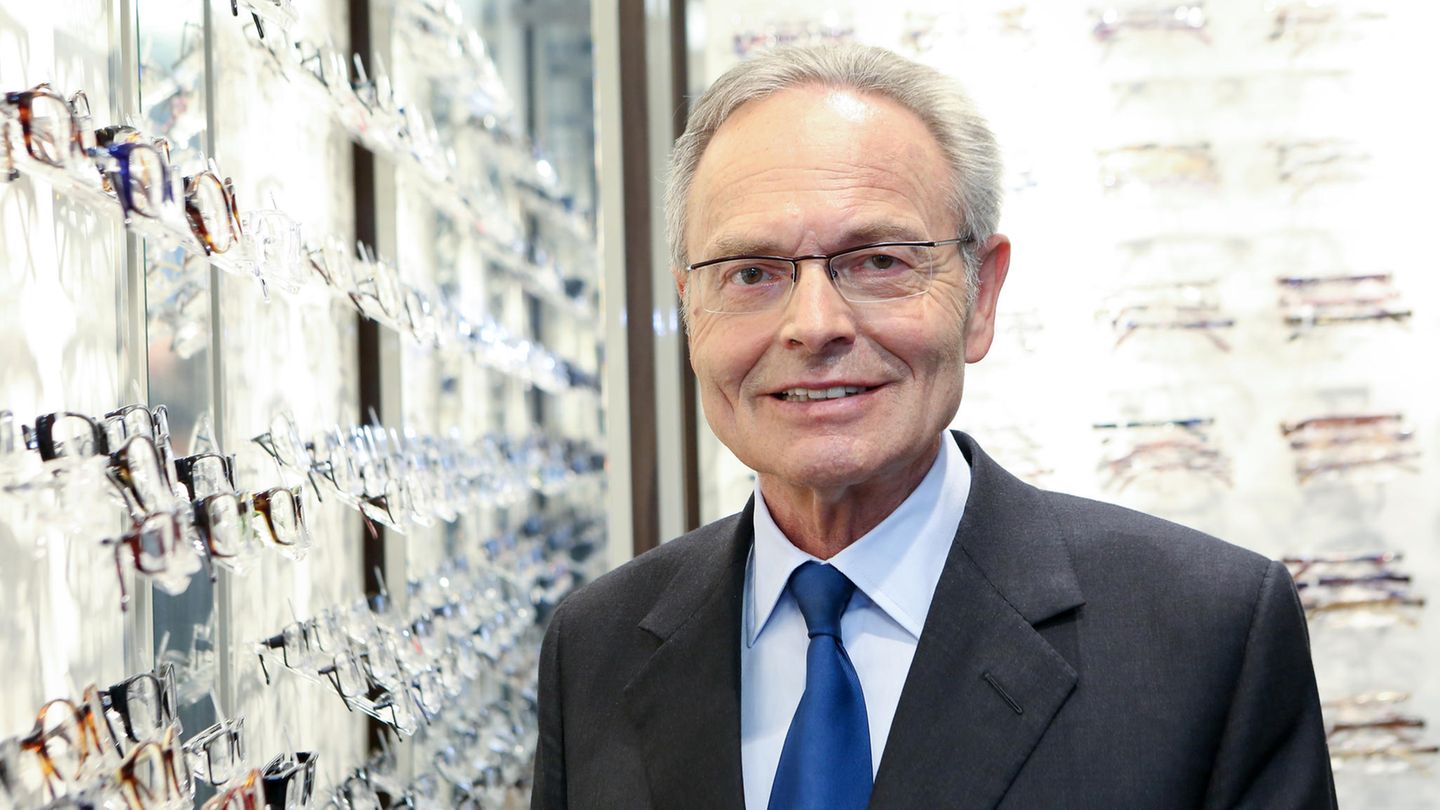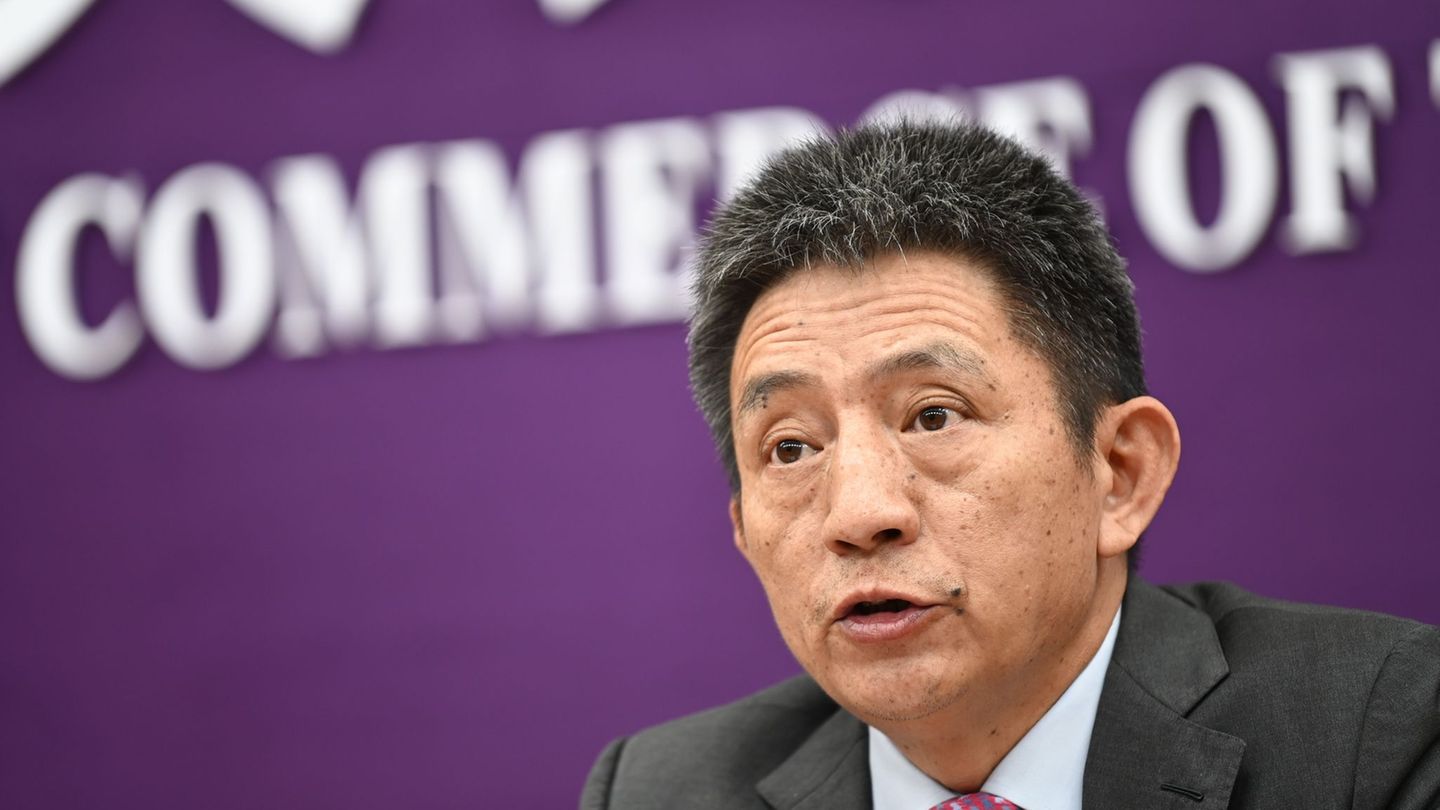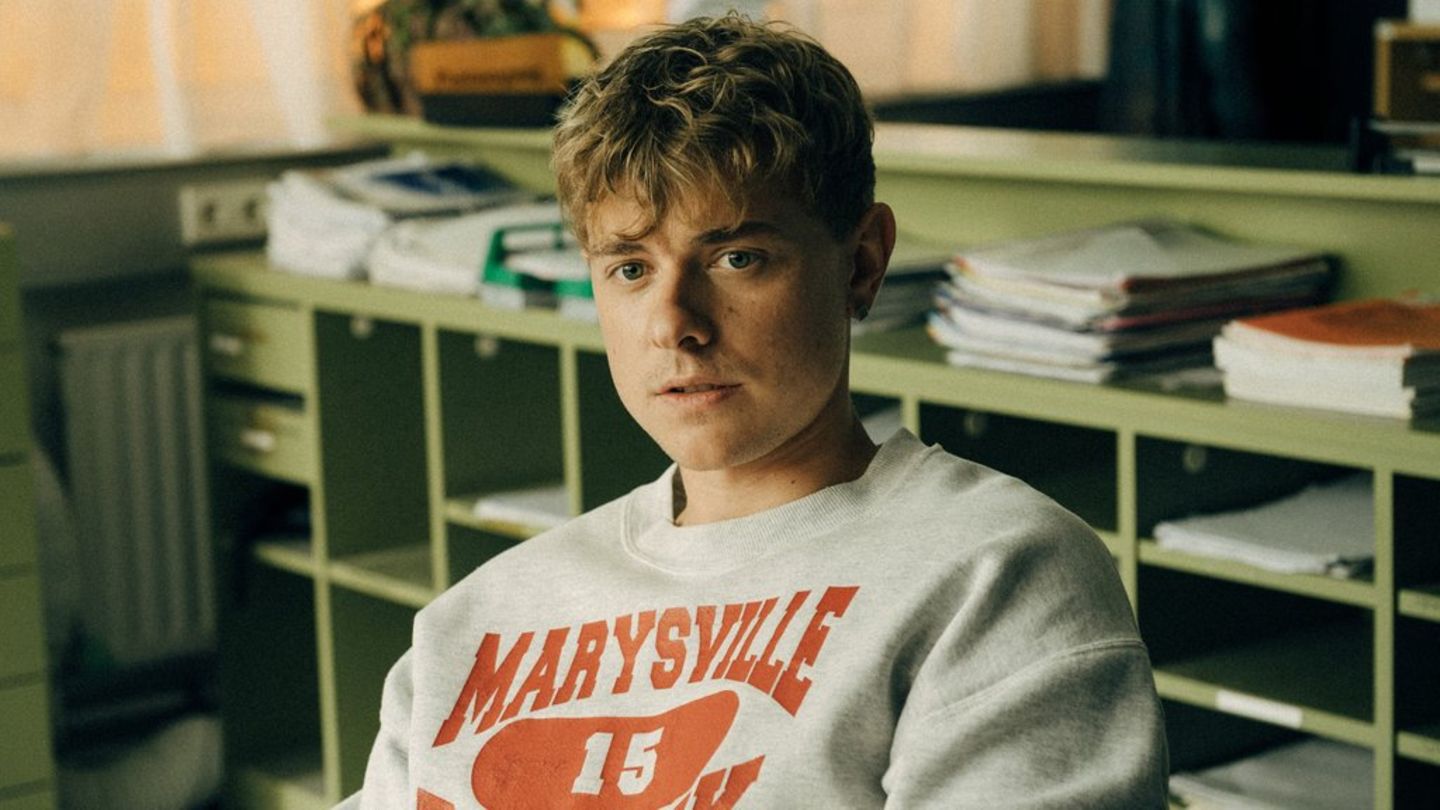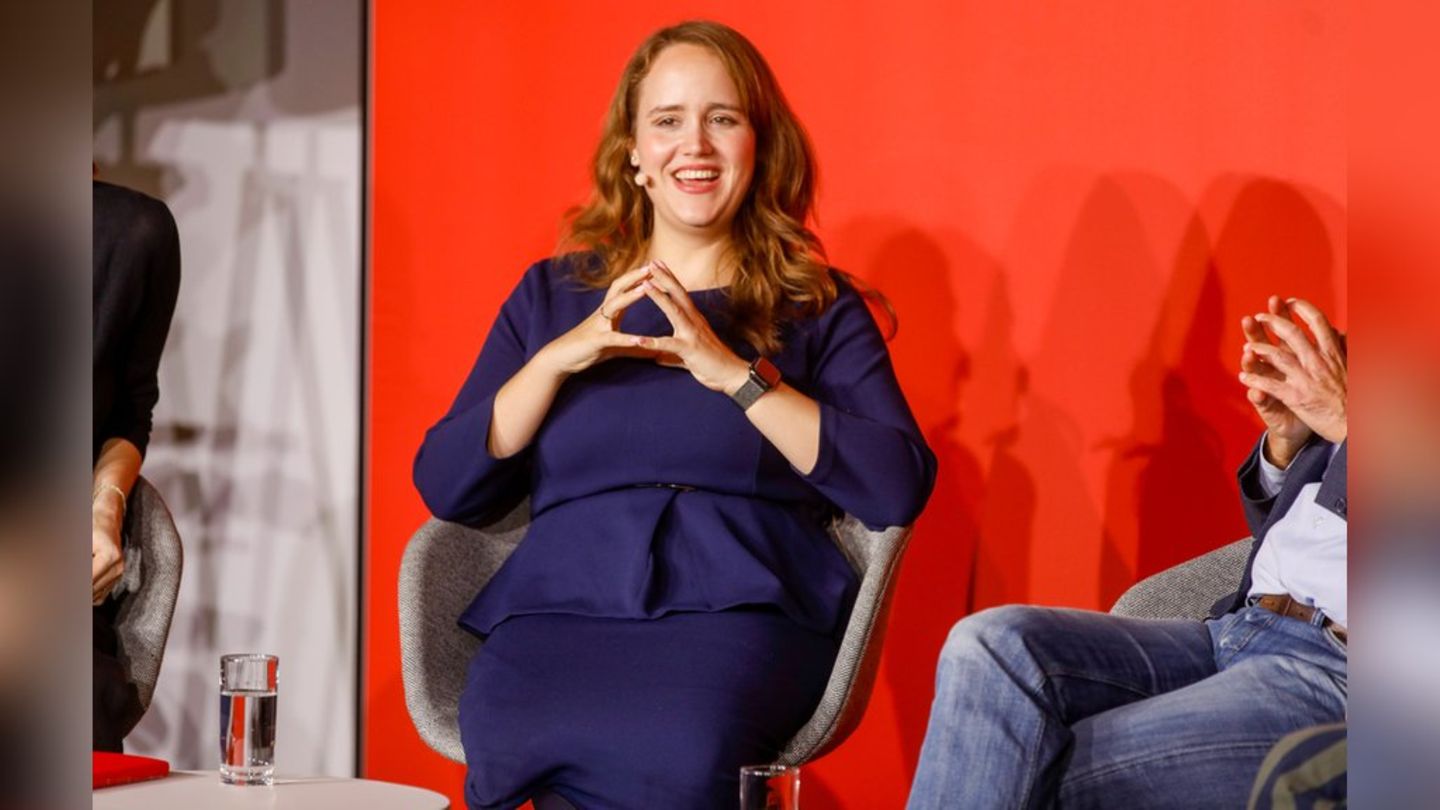Günther Fielmann has reinvented the eyewear market and created a brand that everyone knows. The entrepreneur has now died at the age of 84.
The boy should learn something solid, and people always have bad eyesight. Visual impairments are generally considered to be a crisis-proof business. Günther Fielmann actually dreamed of becoming a photographer. But he acquiesced to the wishes of his father, a senior director of studies, and swapped the camera for something more mundane: glasses. It was probably his creative, non-industry perspective that helped him to override the rules of his guild.
Günther Fielmann revolutionized the world of eyewear. He invented the modern branch business in a fragmented, outdated industry. There is hardly a German pedestrian zone without a Fielmann branch; over 1,000 shops for glasses and contact lenses are now part of Germany’s largest optician chain. The founder built the family business, which now employs more than 23,000 people and generates sales of around two billion euros, from nothing. He also brought marketing to the optical industry. “Glasses Fielmann!” Hardly any advertising slogan resonates with as many people as this one.
Günther Fielmann was one of the great entrepreneurs of German post-war history, one of its most important disruptors in the Schumpeterian sense. For entrepreneurs like Fielmann, the Austrian economist invented the concept of creative destruction: creating new things by destroying old things, thereby driving innovation and economic change.
“Robin Hood of the visually impaired” brings glasses to the masses
When the young Günther Fielmann began his training, opticians had more in common with pharmacies than with the modern branches of today: people in white coats pulled glasses out of dark wooden drawers. This dusty world, the whole job of being an employee, was nothing for someone like Fielmann. In 1972, at the age of 33, he opened his first branch in Cuxhaven.
What then followed was an economic miracle story straight out of a picture book – even if the economic miracle years were actually already over by then. Fielmann eliminated the middleman, mass-produced glasses – and offered them cheaper than the sleepy competition. His biggest coup: A deal with the health insurance company AOK, Fielmann now sold prescription glasses. However, ones that looked significantly better than the old cash register frames. He also gave customers the choice between dozens of models.
“Until then, everyone who wore glasses had to wear proof of their low income on their nose,” Fielmann later recalled. It is probably his most famous quote. The glasses were now less of a purely medical visual aid and more of a fashion accessory. This turned many opticians against him; he was referred to as the “Robin Hood of the visually impaired.” He probably took it as a compliment. He also had few friends in the unions; employees complained about long working hours, high work pressure and low wages.
Apple at 3 trillion
These are the most valuable companies in the world – two German companies in the top 100
Standstill instead of modernization
The 1970s and 80s were the golden times for Fielmann, one of the most modern companies in Germany. Competitors such as Apollo Optik later followed the example of the industry pioneer Fielmann – and were successful in their turn. In 1994, Fielmann took his company public. Internationalization began, but fell short of expectations. Part of the story is also that Fielmann branches recently seemed as if time had stood still twenty years ago. And customers elsewhere had to wait shorter for the glasses. It is not without tragedy that the former master of modernization Fielmann came to a standstill.
Günther Fielmann had been stuck in his executive chair for so long that a shareholder compared the patriarch to the then elderly Japanese emperor at the annual general meeting a few years ago. It was only in 2019, at the age of almost 80, that the founder withdrew from the board of the Fielmann Group and handed the company over to his son Marc Fielmann.
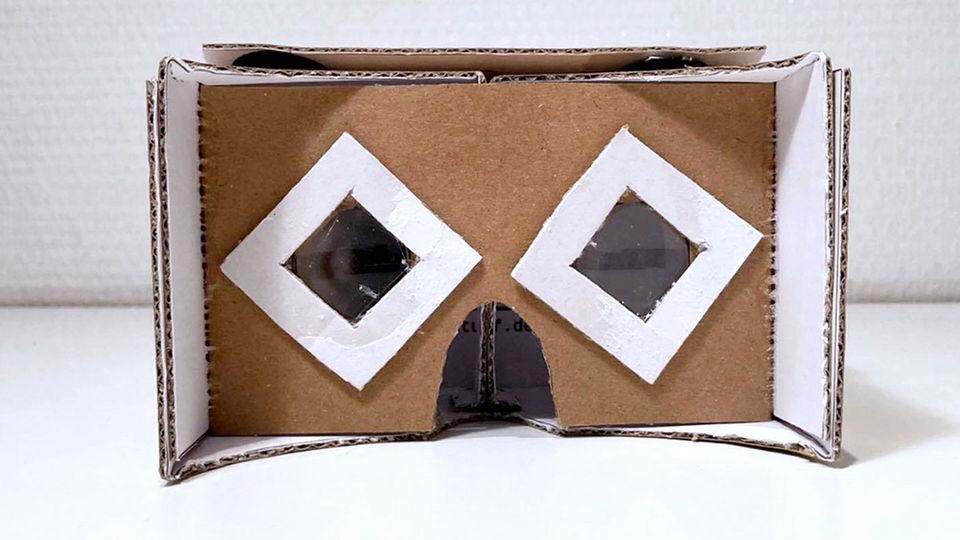
In retirement he became an organic farmer
Since then, Günther Fielmann has devoted himself primarily to organic farming and bred horses, cattle and sheep on his three farms. He had always emphasized his love of country life. “Life in the country shaped me,” he said in a book on his 75th birthday. “Even as a child, I dreamed of having my own farm.” Fielmann wouldn’t have been Fielmann if he had been content with running a business and not turned his hobby into a business. As an entrepreneur, Günther Fielmann thought unconventionally; in his private life he liked luxury, bought castles and country estates, and drove a Ferrari. He could have afforded a lot more: Fielmann’s fortune was estimated by Forbes last year at $4.7 billion.
Günther Fielmann died on Wednesday at the age of 84 in Lütjensee in Schleswig-Holstein, as the Fielmann Group announced. He fell asleep peacefully surrounded by his family.
“Non mihi sed posteris.” Not for me, but for the descendants. This is what it says at the entrance to the manor house of the Fielmanns’ Schierensee estate in Schleswig-Holstein. Now Marc Fielmann has to push ahead with the renewal of the optician chain. For a long time he had stood in the shadow of his late father. He is 34 – just a year older than his father was when he opened his first shop in Cuxhaven. His son shares a great passion with him: the love of photography.
Note: This article first appeared on CAPITAL, which, like stern, is part of RTL Deutschland.
Source: Stern

